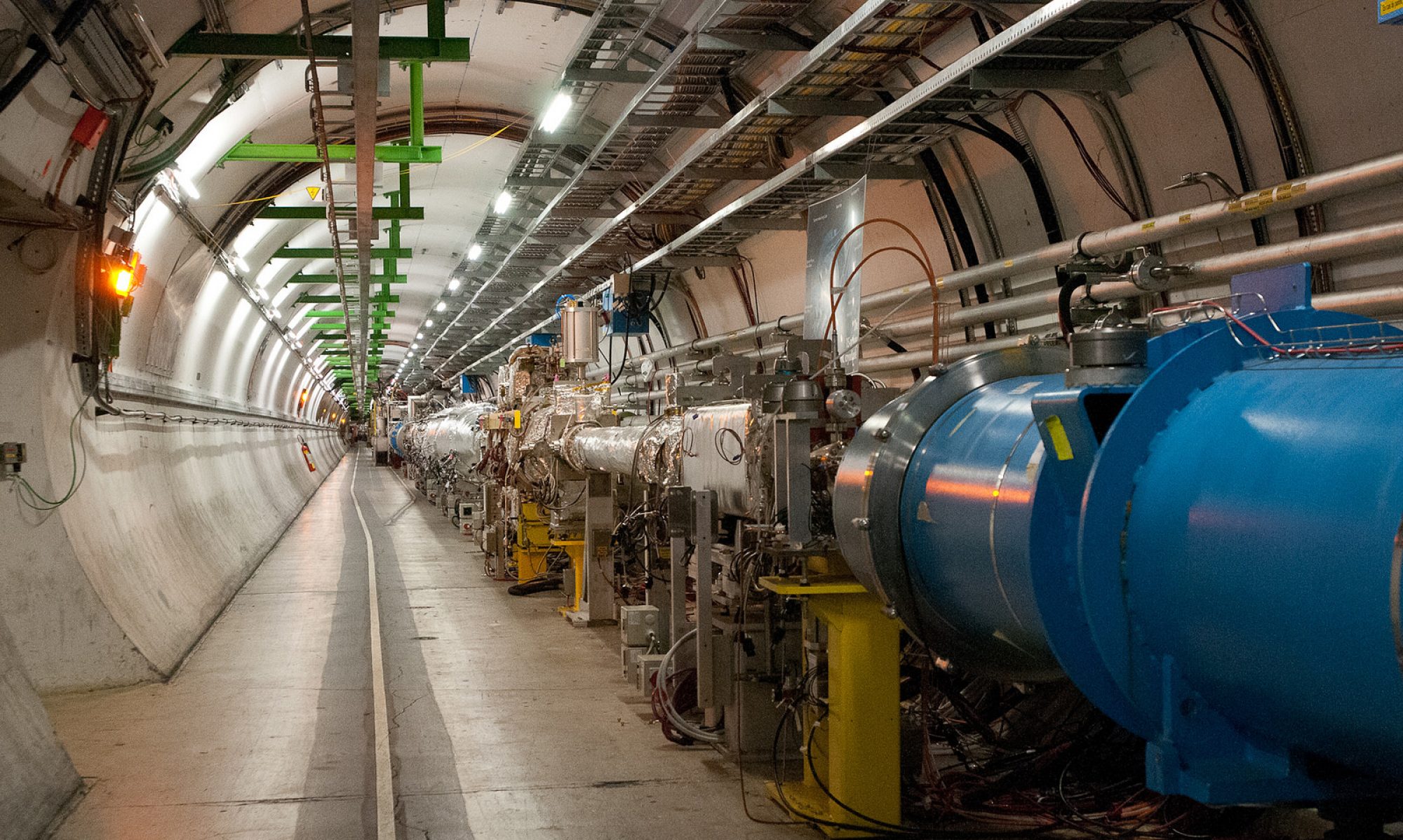I was perusing my news feeds tonight when I came across the Nature.com article entitled, “Candidates play to the right on science.” [1] I read it because I hoped to learn something new about the U.S. Republican Presidential candidates and their positions on scientific issues. What I read, instead, was a disappointing piece of writing unfitting for a major scientific journal.
For instance, when discussing the positions of Romney and Gingrich, the article states,
“Romney and Gingrich now dominate an unsettled contest. Both are taking staunchly conservative positions on controversial science issues: they are against regulating carbon emissions and oppose embryonic stem-cell research.” [1]
The existence of human-induced climate change due to rapidly rising carbon dioxide levels is NOT a scientific controversy. The evidence of this process has convinced over 97% of all climate scientists that climate change is happening, that its driven by CO2, and that CO2 is placed in the atmosphere by human activity. The policy debate, however, is indeed fraught with controversy, from outright denialism to substantive arguments over the appropriate portfolio of remediations. The scientific community is not debating the existence or cause of the problem. Likewise, there is not debate in the scientific community about the potential for stem cells and the need to fund all possible research to maximize the chance of discovery. There is a vigorous policy debate over how to fund the research and about the moral or ethical implications of trading embryos for stem cells.
For the article’s author to miss the important point here – that the science is not in question but that the policy is very much in doubt – suggests that they are not really grasping the issues of the day. In fact, the language above is indicative more of mainstream, science-ignorant publications and not a major scientific publication.
Later in the article, the author says,
“After [Gingrich] was criticized on right-wing talk radio for involving Katharine Hayhoe, a climate scientist at Texas Tech University in Lubbock, in a book project on environment entrepreneurship, Gingrich said he would drop Hayhoe’s chapter from the book. Hayhoe supports the idea that human activity is driving climate change.” [1]
The author again uses imprecise and inaccurate language; Hayhoe’s support for the theory of human-induced climate change is not the same as supporting an “idea.” The human origins of the current climate change events are overwhelmingly supported by facts: the seas are absorbing exponentially more energy, the land has warmed to a higher degree than anytime in thousands of years, CO2 levels have risen starting at the industrial revolution and led the warming, CO2 is a greenhouse gas, and the CO2 now in our atmosphere is depleted in radioisotopic carbon (a signature of sequestered carbon, as from oil or coal). An “idea” is more akin to an untested hypothesis, an educated guess, or even an opinion (depending on popular interpretation).
The use of precise language is a critical component of scientific communication. We should not sacrifice wonder for precision, but we also must not sacrifice accuracy for expediency. I would hope that Nature.com would recognize this. In a year when the bullshit is flying fast and furious in the U.S., the last thing we need are the citadels of scientific publication softening their own perspectives on critical science issues. This will only open the door to criticism of the presentation, and not the actual substance, of good science.
[1] http://www.nature.com/news/candidates-play-to-the-right-on-science-1.9884

